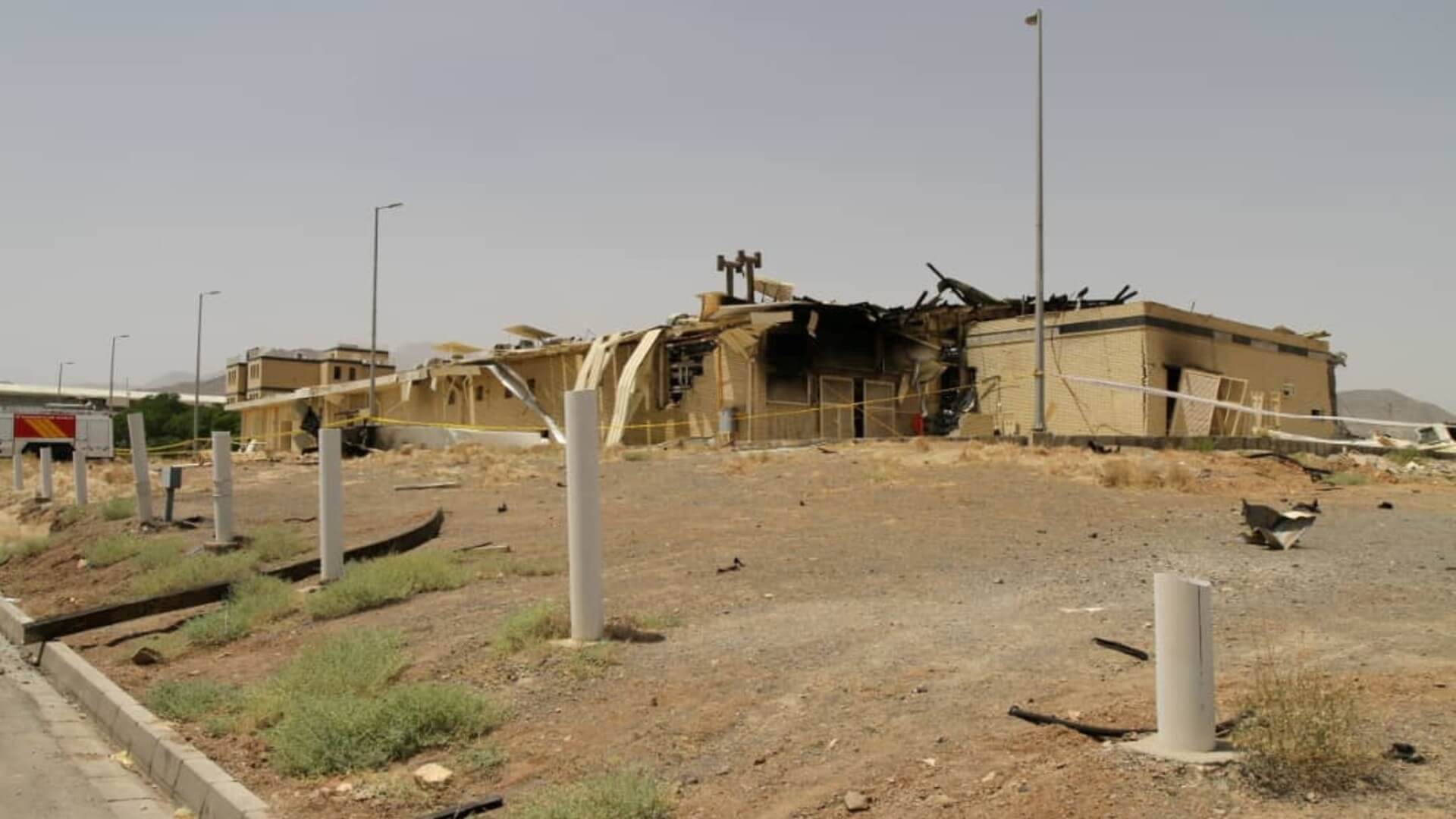On Sunday, Ali Akbar Salehi, the head of the Atomic Energy Organisation of Iran (AEOI), released a statement reporting an “incident” at the Natanz nuclear facility in Tehran that caused a power failure in the complex. The statement said that the facility was hit by “sabotage” and called it a “terrorist act”.
Following the incident, the spokesperson for the AEOI, Behrouz Kamalvandi, confirmed that there had been “no casualties or leaks” due to the incident. “The causes of the accident are under investigation and further information will be announced later”, he added. However, he strongly condemned this “despicable” act and demanded a response from the international community and the International Atomic Energy Agency (IAEA) to “nuclear terrorism”. Iran has threatened perpetrators of the incident with retaliation.
While the authorities in Iran did not mention the cause of the attack, reports by Israeli media outlet Kan, said that the incident was a result of a cyber-attack orchestrated by Israel. Further, the Haaretz newspaper, quoting officials from the country’s national intelligence agency, the Mossad, also echoed the sentiments of these reports.
Shortly after the incident, Israeli Prime Minister Benjamin Netanyahu released a statement saying that “the struggle against Iran and its proxies and the Iranian armament efforts is a huge mission.” He added, “The situation that exists today will not necessarily be the situation that will exist tomorrow.” Another indication of the Israeli side’s involvement in the incident was given by a statement by the Israeli army chief Aviv Kochavi, who said that “operations throughout the Middle East are not hidden from the eyes of the enemies.”
In response to these reports, Iranian Foreign Minister Javad Zarif said that the incident was an attempt by the Israelis to obstruct the progress made by Iran in working towards the successful upliftment of sanctions imposed on it by Western countries, including the United States (US). Nevertheless, there has been no official confirmation of these reports. The IAEA, too, has refused to comment on the blackout in Natanz.
The incident occurred just a day after the inauguration of new centrifuges in the facility by Iran’s President, Hassan Rouhani. These were intended to increase the production capabilities of Iran’s enriched Uranium and were a violation of Iran’s obligations under the 2015 Joint Comprehensive Plan of Action (JCPOA). Under the JCPOA—which was backed by UN Security Council Resolution 2231—Iran agreed to limit its uranium enrichment in exchange for sanctions relief. However, in May 2018, former US President Donald Trump withdrew from the deal and reimposed all sanctions on Iran.
After his inauguration as US President, Joe Biden has committed to reviving the deal. Earlier this month, American officials also attended discussions in Vienna, alongside delegations from Iran, Britain, China, France, Germany, and Russia to discuss the restoration of the 2015 nuclear deal. However, recent developments could act as a further setback to these efforts and endanger the revival of the JCPOA.

